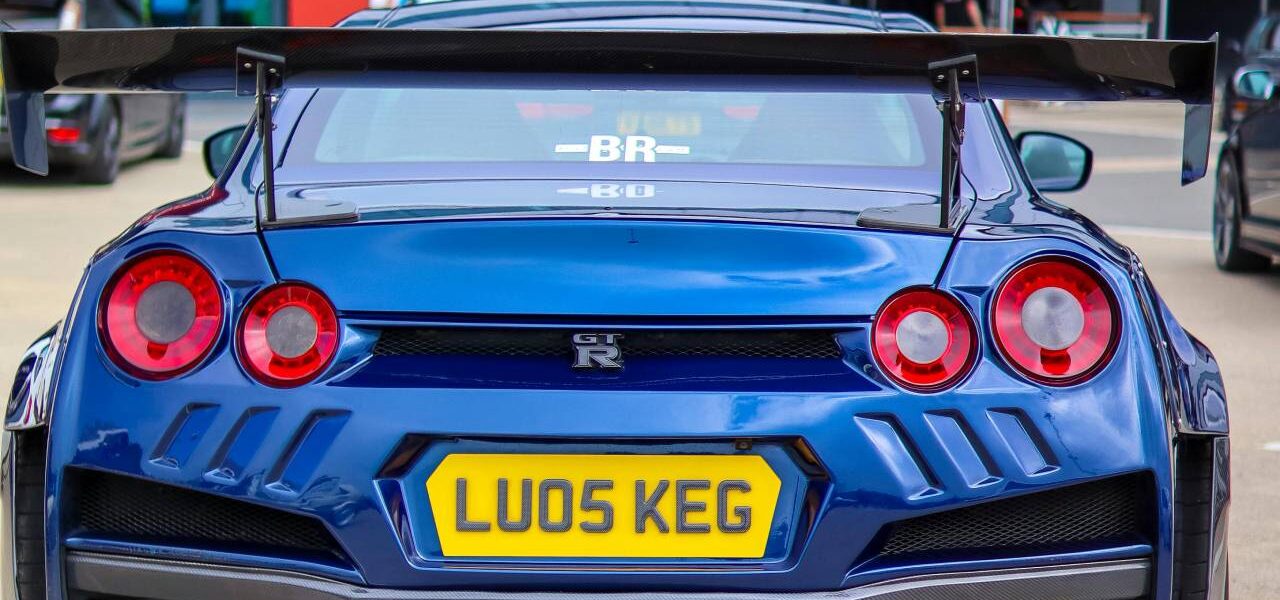Whether you’re a long-time car collector, a motorsport enthusiast, or simply someone with a passion for rare vehicles, buying a motorsport car at auction can be one of the most thrilling experiences in the automotive world. Auctions offer access to rare, historic, and high-performance vehicles that aren’t often found elsewhere. But like any high-stakes endeavor, there are both risks and rewards.
Before raising your paddle, it’s crucial to understand the intricacies of the auction world. This guide breaks down the potential risks and rewards of purchasing motorsport cars at auctions, and provides actionable tips to help you make an informed decision.
The Risks of Buying Motorsport Cars at Auctions
There’s no denying the allure of bidding on a stunning Ferrari or a rare vintage race car. However, auction purchases aren’t without their risks. Here are the most critical ones to watch out for:
Financial Risks
- Hidden Costs
It’s easy to get caught up in the excitement of bidding, but you need to understand the full costs involved. Beyond the “hammer price” (the final auction bid), buyers typically deal with extra fees like:
- A buyer’s premium (commonly 10–20% of the hammer price).
- Taxes and licensing fees in your jurisdiction.
- Transportation costs, especially if the car needs to be shipped internationally.
These hidden expenses can increase the final cost significantly—sometimes by tens of thousands of dollars—making the car less of a bargain than anticipated.
- Overbidding
Auctions are designed to be fast-paced and competitive, creating an adrenaline rush that can cloud your judgment. It’s easy to fall into the trap of overbidding when emotions run high, potentially leaving you with buyer’s remorse (and a depleted bank account).
Technical Risks
- Undisclosed Damage
Even at reputable auctions, not every flaw or issue with a car may be disclosed. Vehicles sold as-is might have hidden mechanical problems, accident history, or degraded components that can cost a fortune to repair.
Some cars—especially retired motorsport vehicles—may even have fundamental flaws in their design due to performance customizations, which aren’t always suitable for road compliance.
- Misleading Representations
Sometimes, a car described as “restored” or “race-ready” is anything but. If you aren’t familiar with the history or technical details of the car, you may end up with a vehicle that falls short of its advertised condition or features.
Legal Risks
- Title or Ownership Issues
Auctioned vehicles aren’t always delivered with clear titles. Sorting through liens, unpaid fees, or ownership disputes can lead to lengthy and costly legal battles.
- Unfamiliar Auction Terms
Each auction house comes with its own terms and conditions, some of which might not be favorable to buyers. For example, many auctions place a “no recourse” condition on purchases, meaning you can’t return or dispute the sale once the car is yours.
The Rewards of Buying Motorsport Cars at Auctions
Now that you understand some risks involved, let’s talk about the rewards—and why collectors continuously flock to auctions to chase their dream cars.
Access to Rare and Unique Vehicles
One of the biggest draws of auctions is the chance to buy rare and unique motorsport vehicles. Auction houses frequently feature:
- Classic cars with racing pedigrees.
- Limited-edition supercars.
- Historic vehicles that played iconic roles on the track.
Many of these cars are hard to find through traditional dealerships or private sellers, making auctions a prime place for uncovering hidden gems.
Better Value Opportunities
For those who do their research, auctions can sometimes provide better value than buying directly from a dealer. For instance:
- Market-driven pricing: Cars at auction often reflect true market demand, especially if only a few serious bidders are interested in the same lot.
- No middleman markup: Unlike dealerships, auction vehicles avoid additional price inflation caused by third-party sellers.
For lucky (and well-prepared) buyers, this could mean acquiring a dream car for less than its market value.
The Thrill of the Chase
Auctions are adrenaline-packed events. There’s a unique sense of satisfaction in outbidding competitors and winning a coveted vehicle. The combination of urgency, competition, and live participation makes the process an unforgettable experience for motorsport fans and collectors alike.
Essential Steps for a Successful Auction Purchase
To minimize risks and maximize rewards, preparation is key. Follow these steps to ensure a smoother auction experience:
Step 1: Set a Budget and Do Your Research
Understand the market value of the car you’re interested in and decide on your absolute spending limit before the auction starts. Stick to that number no matter how competitive bidding becomes.
Additionally, research the auction house. Read reviews, check prior event recaps, and ensure the organization is reputable.
Step 2: Inspect the Car
Whenever possible, inspect the car in person or hire a professional to do it for you. Bring a knowledgeable mechanic or motorsport expert for a detailed evaluation of its condition. Collect data such as:
- Service history
- Ownership timeline
- Whether it has compliance for road use, if intended.
Step 3: Study the Auction Process
Understand the terms and conditions of the auction house. Pay attention to details like buyer’s premiums, payment timelines, and refund policies.
Learn how bidding works—will you need to register as a bidder? Can you bid online or by proxy? Being familiar with logistics ensures you’re ready when the time comes.
Step 4: Have a Bidding Strategy
Whether you plan to bid fiercely from the start or wait patiently until the final moments, strategize your approach to avoid overbidding or letting competition get the best of you.
Step 5: Arrange Logistics in Advance
If you win, you’ll need to arrange for prompt payment and vehicle storage/transport. Have these logistics planned ahead to avoid last-minute stress.
Case Studies and Expert Insights
Success Story
Take the example of Joe, an experienced collector from California. He attended an auction to bid on a 1965 Shelby Cobra. After a series of competitive bids, he walked away with the rare gem for $150,000—all thanks to meticulous research and a prepared budget. With minimal restoration, the car’s value skyrocketed to $230,000 in less than two years!
Cautionary Tale
On the flip side, Chris, a first-time buyer, purchased what he thought was an impeccable Jaguar E-Type at auction. Unfortunately, it turned out that parts of the car were aftermarket replacements, and the mismatched engine was not the original one. Without the proper due diligence, Chris spent thousands fixing issues that weren’t disclosed pre-sale.
Expert Insights
According to motorsport car collector Susan T., “Going into an auction blind is the single biggest mistake buyers make. Even five hours of preparation can save you thousands of dollars, not to mention headaches.”
Are Auctions Right for You?
Buying a motorsport car at auction can be an extraordinary experience, rewarding enthusiasts with unique finds and valuable additions to their collections. However, success requires preparation, research, and strategy to manage the risks effectively.
If you’re ready to explore the exciting world of motorsport car auctions, we encourage you to share your thoughts in the comments. Have you had an auction experience of your own? What lessons did you learn? For those new to auctions, check out our free Auction Guide to get started.

